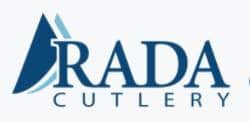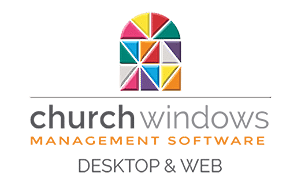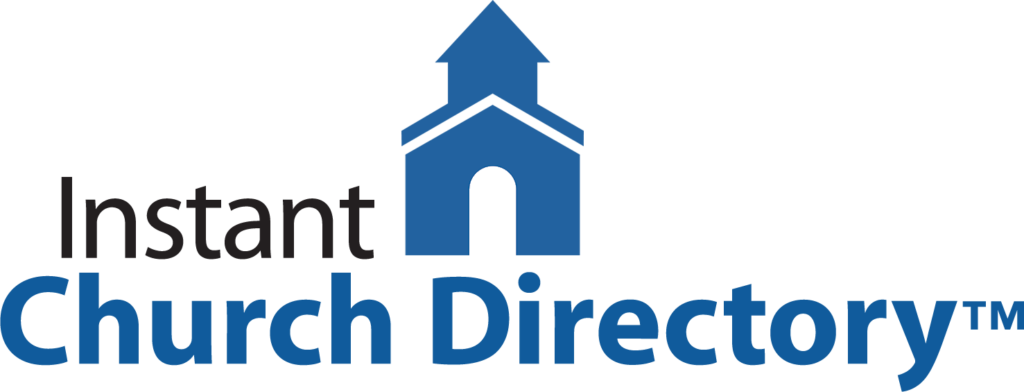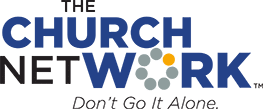By Christian Valiulis
Many religious organizations have difficulty understanding the relationship between human resources and finance. Some believe the two are unrelated, but the reality is you must have strong HR processes in place to be a good steward of your finances. Why? Because people are your biggest expense and greatest responsibility.
So how can your organization bridge the gap between finance and HR? The key lies within your HR technology. Here are a few ways church leaders can use HR technology to be better stewards of their organization’s finances:
1. Time and Attendance Tracking
Some churches are still self-reporting volunteer and employee hours in a spreadsheet. This might work for smaller churches with a few employees, but what about growing religious organizations with several hundred employees or multiple campuses? Manual-entry spreadsheets can’t effectively track and report hours worked by employees and volunteers.
Implementing an HR system with automated time and attendance tracking eliminates the need to scour through time-consuming spreadsheets. HR managers can easily automate processes like tracking volunteer hours and managing employee schedules so they can focus on the more strategic nature of their jobs.
Tracking Hours
Churches need the ability to correctly track hours worked to ensure accurate pay and compliance. By utilizing time-capture methods like on-site tablets and mobile clock-in with geofencing, religious organizations can record time without investing in expensive time clocks. These simple and effective time-capture solutions can help track both volunteers and paid employees:
- Tracking and verifying actual volunteer time worked demonstrates the need for appropriate funding by showing an accurate count of volunteer hours.
- Keeping up-to-date records of volunteer activities mitigates risk in the event of an audit.
- Tracking and monitoring paid employee hours help control overtime and ensure accurate pay for hours worked. This is especially beneficial for multi-campus churches.
Leveraging Scheduling
Scheduling becomes a much easier process with HR software. Volunteers and employees can view their schedules, opt to take an open shift, or cover a co-worker in the event of an emergency. Volunteer scheduling automation is especially important because:
- Religious organizations can verify actual volunteer hours worked to make the case for additional funding.
- Managers can monitor the line between paid versus unpaid workers for better cost control.
2. HR Expense Management
While payroll is the biggest expense of any organization, fund allocation and overtime costs can be a source of fund drainage within the church. Fortunately, HR software can also help automate these workflows so religious organizations can avoid profit leaks.
Optimizing Fund Allocation
Ministries can align their HR processes with finance by using platform integrations with their accounting, general ledger, and 403(b) systems. This allows leaders and board members to identify the allocation of labor expenses and liabilities to the appropriate funding source in one centralized location.
For example, the board members are requesting a list of payroll debits and credits for all employees. The HR manager can use the same platform to generate a general ledger report and email it to the board for review. This way, church leaders can make informed decisions about the organization’s growth using the most accurate data possible.
Managing Overtime
Religious organizations must be vigilant about overtime so they are not overpaying or underpaying employees each pay period. Managers need to proactively monitor employees who are coming close to overtime to adjust schedules and avoid minor time overages.
Start by checking your employees’ time cards for minor time overages: are they clocking in 10 minutes before their shift or taking shorter lunch breaks to get more hours? Audit your employees’ time cards to see where you can save on paying overtime. Use an online HR solution to calculate overtime correctly and ensure employees are getting paid properly, with or without overtime charges.
3. Real-Time Reporting
Church leaders need precise, real-time HR reports for better transparency into finances and more informed decision-making. However, HR managers typically get into a vicious cycle of manually pulling data from several sources to piece together a spreadsheet comprised of potentially outdated or error-prone information. This is an ineffective use of time and could lead to mistakes or noncompliance.
HR technology can automatically generate a variety of reports like labor costs, turnover rates, and general ledgers, to help eliminate manual data mining. Additionally, important employee and organizational information can be stored in a unified source for consistently accurate reports and analytics. HR managers and church leaders can save even more time by using dashboard analytics for real-time data right at their fingertips.
Be A Good Steward of HR and Finance
Ministries rely on the donations given by their congregations and communities to help further their missions. In turn, church leaders have a duty to ensure these funds are used in the most beneficial way for the organization and community.
By aligning HR with finance, you too can be a good steward of your church’s bottom line. Leveraging HR technology in this collaboration will allow you to optimize your organization’s HR workflows to drive operational performance. It’s through this engagement between HR and finance that your church can grow in a meaningful way and remain focused on its ultimate mission.
Christian Valiulis is the chief revenue officer of APS Payroll, a national human capital management technology provider. APS helps churches adapt and thrive by increasing visibility into the information that matters most, so they can focus on their communities, www.apspayroll.com.












